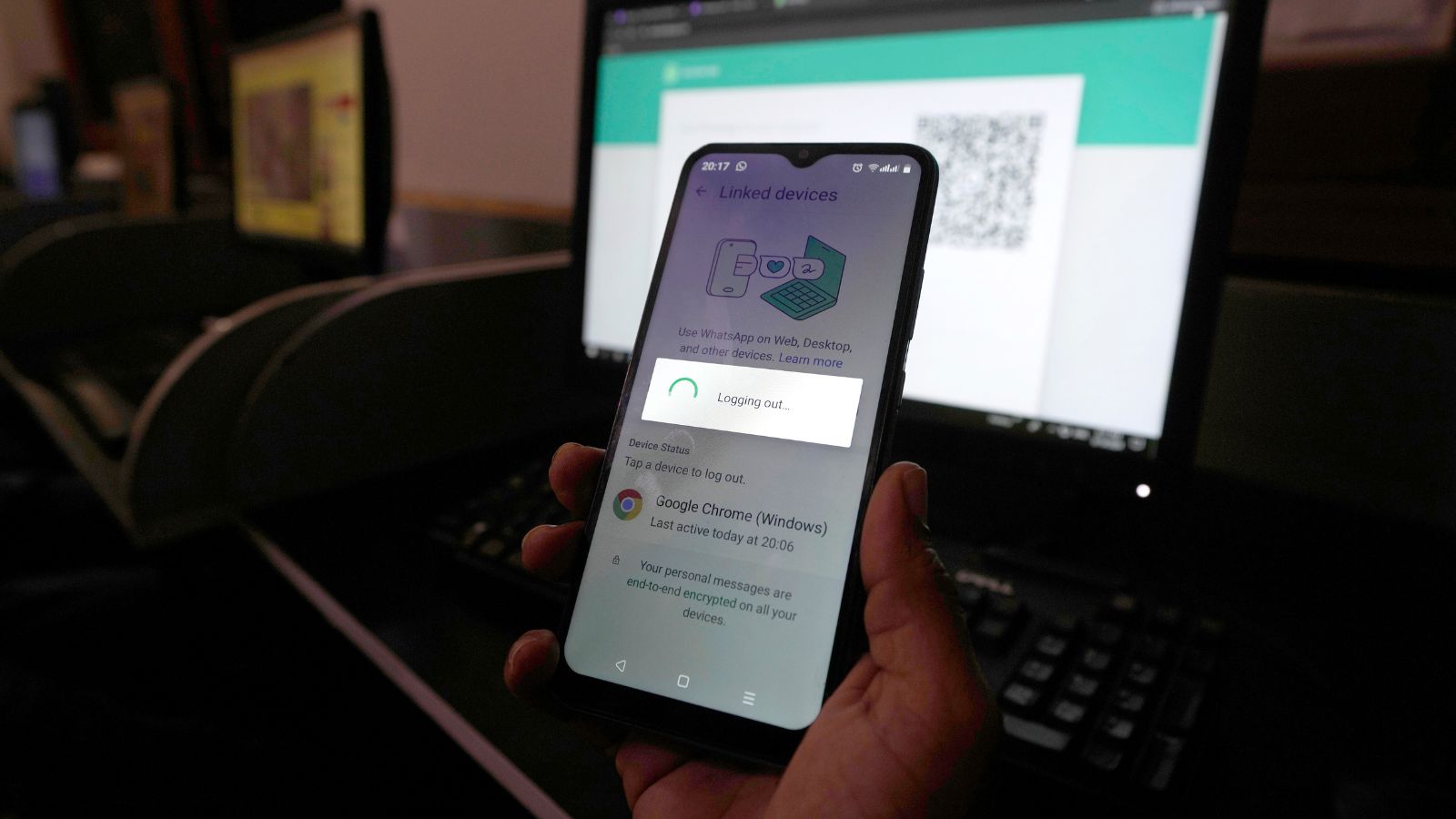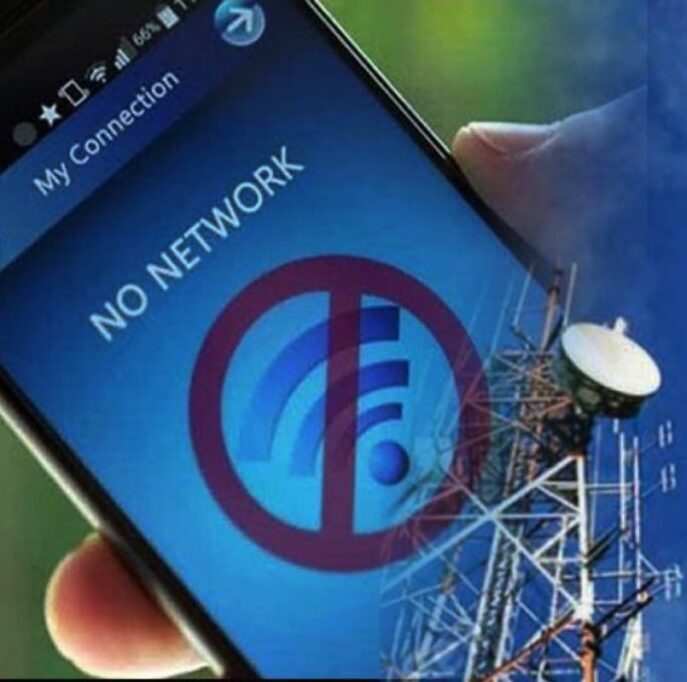PTBP Web Desk
WhatsApp users across Pakistan experienced widespread outages once again on Friday, as they found themselves unable to use the popular messaging app when connected to mobile data networks.
This issue, which has persisted for several weeks, affected users in major urban areas such as Rawalpindi, Lahore, and Karachi, creating frustration among millions of users who rely on WhatsApp for communication.
The disruptions appeared to be most severe in Pakistan’s largest cities, including Rawalpindi, Lahore, and Karachi, where users reported consistent issues with sending and receiving messages on mobile networks. WhatsApp, one of the most widely used messaging platforms in Pakistan, serves as a key tool for communication across personal, business, and political realms, making such outages particularly impactful for the general public.
Despite the widespread nature of the problem, the Pakistan Telecommunication Authority (PTA) had not yet issued an official statement on the issue by the time of this report. Additionally, efforts to reach out to the Special Assistant to the Prime Minister on Digital Media, and Minister of State Fahd Haroon, went unanswered, leaving users in the dark about the reasons behind these persistent service interruptions.
The timing of the outage has drawn speculation, particularly as the disruption coincided with a major protest organized by the Pakistan Tehreek-e-Insaf (PTI) party in Rawalpindi. Pakistan has seen a pattern of internet disruptions during politically sensitive periods or events involving public protests.
While authorities have sometimes attributed internet outages to technical issues, such as submarine cable faults or reconfigurations within Internet Service Providers (ISPs), many experts and analysts suggest a more deliberate explanation. According to these analysts, such disruptions are often part of government measures to enhance state security, especially when protests or rallies are scheduled.
For years, Pakistan has employed internet blackouts or social media restrictions to curb the organization and communication of protestors or to prevent the spread of misinformation during times of national unrest. This strategy is not unique to Pakistan and is used by several governments worldwide as a way to control mass mobilization during periods of potential instability.
Friday’s outage is just the latest in a series of WhatsApp disruptions affecting mobile data users in Pakistan. On September 28, WhatsApp users in Karachi experienced similar problems when trying to send media files over the app while connected to mobile networks. A week earlier, on September 21, users faced nearly identical issues, where the messaging platform became inaccessible through mobile data but remained functional on Wi-Fi.
In addition to WhatsApp disruptions, August saw widespread internet slowdowns and service interruptions that affected not only communication apps but general browsing speeds as well. These slowdowns were reportedly caused by technical difficulties with the country’s undersea internet cables, though some speculate that the frequency of these issues points to a more systemic problem within Pakistan’s digital infrastructure.
In the past, the government has often blamed such outages on technical difficulties rather than deliberate interventions. Faulty submarine cables, ISP maintenance, and service reconfigurations have all been cited as reasons for interruptions in internet services. However, these explanations have not always satisfied the public, especially given the increasing regularity of these disruptions.
The recent increase in internet outages comes at a time when the country is already grappling with economic challenges and political instability, making uninterrupted communication more important than ever for both businesses and individuals. As WhatsApp remains a primary mode of communication for many, these ongoing service interruptions have become a source of frustration and concern for users across the nation.
As digital communication becomes increasingly important in daily life, especially in a country like Pakistan where mobile data is a lifeline for millions, consistent and reliable internet services are critical. The frequent disruptions of major platforms like WhatsApp not only create inconvenience but can also have broader economic and political implications. Whether due to technical faults or deliberate security measures, these outages highlight the need for a more robust and transparent approach to managing internet services.
There is growing demand for clearer communication from authorities, such as the Pakistan Telecommunication Authority (PTA) and other relevant governmental bodies, to provide users with timely updates and transparent information on the causes of these disruptions. Additionally, the government needs to take more proactive measures to address the underlying infrastructure challenges and prevent future occurrences.




